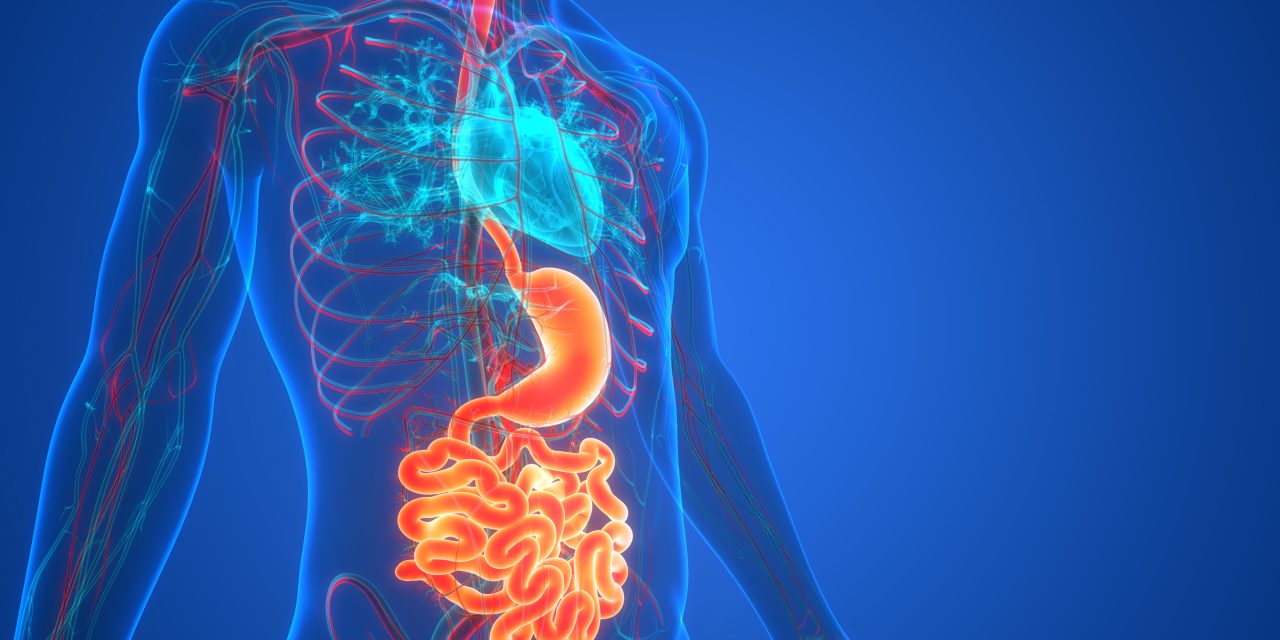The importance of the gut microbiota in regulating health and disease has been recognized for decades. The continual exposure of the gastrointestinal tract to trillions of commensal microbes is collectively termed “the microbiota”, it can be thought of as external stimuli that direct a host’s internal responses towards beneficial or potentially harmful outcomes. Microbial signals are integrated through a variety of methods to calibrate the transcriptional program in host cells without changing DNA itself. These include established bacterial sensing pathways. Changes to the DNA or histones, as well as regulation of non-coding RNAs, are all examples of Microbiota-Sensitive epigenetic modifications. The complexity of this relationship between the host and microbiota is still being unraveled, but research has shown that Microbiota-Sensitive epigenetic mechanisms are present not only in local intestinal cells but as well in peripheral tissues. The current review highlights how our gut microbiota affects the way we behave, age, and responds to disease. It also discusses some implications for future therapeutic approaches that could help prevent or combat these diseases driven by impaired interactions between host organisms (our body) and their environmental surroundings-specifically mentioning it as a possible target in remedial treatments against various ailments.
Link:www.tandfonline.com/doi/full/10.1080/19490976.2021.2022407


